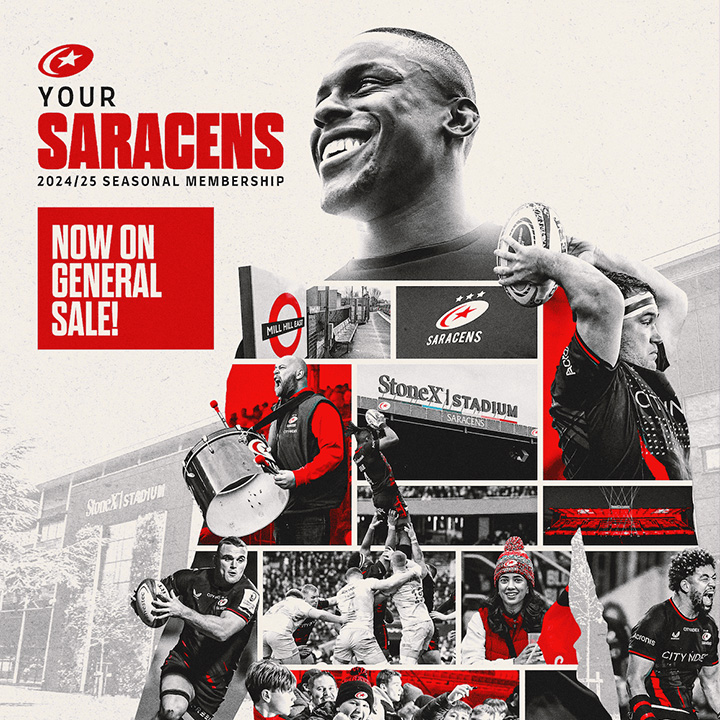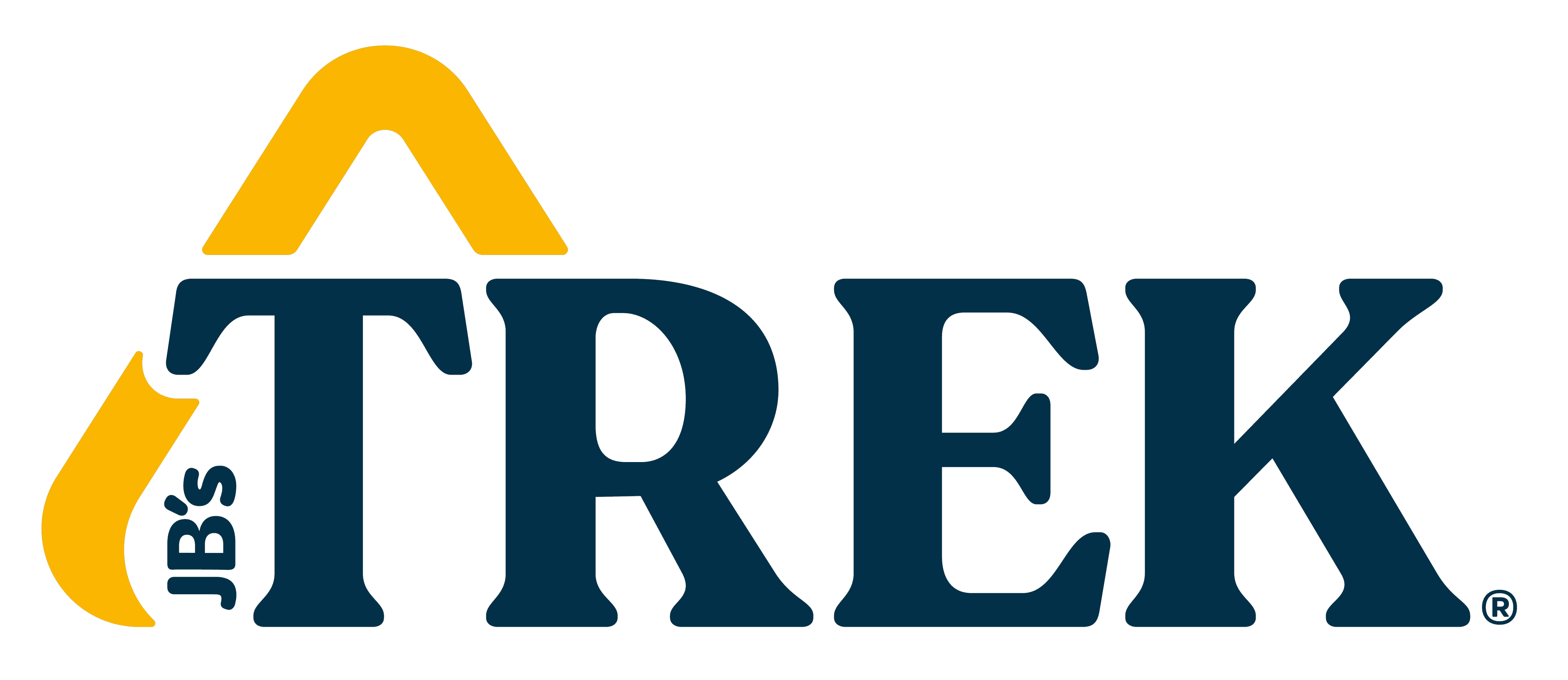Where Are They Now | The Middlesex Cup Winners


If you ever wondered when the lust for silverware started at Saracens then take yourself back 50 years.
The professional era may be littered with Premiership and European trophies, but half-a-century ago this month the Men in Black launched their quest for can be described as their first cup triumph.
The 1971-72 season saw the re-launch of the Middlesex County Cup and John Lockwood’s team were one of the ‘big guns’ who entered the competition in the fourth round. Wasps and Met Police joined them and on 30 January, 1972, Saracens went to Old Merchant Taylor’s to play what was their first cup tie in the tournament.
This was the season in which the try was upgraded to four points and it turned into one of the best on record for the club. They played 44 matches and won 30 of them and drew another. In so doing, they scored 957 points and conceded 523.
They notched a then record score of 68-6 when they beat Plymouth Albion at Southgate on 25 March. Dave Croydon accounted for a club record 261 points. Bedford, Gloucester, Liverpool, Rosslyn Park and London Scottish were all beaten and Neath made their first visit to Southgate, escaping with a narrow three point victory.
When the England and British & Irish Lions lock Peter Larter kicked six penalties for Northampton in their 24-15 win on 5 February, 1972, it was Saracens first home defeat since Novemebr 1970.
This was the also the season that saw cup rugby introduced into the English system for the first time. In the RFU Club Knock-Out competition, Sarries won 26-3 at London Irish in the first round before going down to London Welsh at home, 33-7.
Meanwhile, there was no stopping them in the Middlesex Cup. Having beaten OMT in the fourth round they overcame Mill Hill in the quarter finals. The Old Gaytonians were despatched 24-0 at home in the semi-final and that led to a final showdown with Met Police, who had beaten Staines in their semi.
Part of the reason for the high number of matches played in the season – Met Police played 40 games – was due to the fact the Middlesex Cup ties were played on Sunday’s after the normal weekend programme. It meant the Saracens team that took the field at home for the final was only one different from the side that had beaten London Scottish 13-3 the previous day.
In the final, Met Police, who had beaten London Hospital 24-10 on the Saturday, managed to miss nine penalty kicks at goal via the boot of three different players. Saracens had a try from D.C.R Stone and a conversion and penalty from ace marksman David Croydon as they came out on top and guaranteed themselves safe-passage into the first round proper of the RFU Knock-Out Cup the next season.
MIDDLESEX CUP WINNERS 1972
SARACENS: Roger Headey; Peter Cadle, David Croydon, Peter Tillotson, D. C. R. Stone; Mike Alder, H. Ward; Roger Bloom, John Lockwood (captain), G. Pudney, Kevin Gaughran, John Heggadon, A. Moore, George Sherriff, Chris Sherriff
Outside half Mike Alder had had an English trial and left the club at the end of the season to emigrate to Canada. Full back Roger Headey was the club captain in the 1973-74 season, while both John Heggadon (1991-93) and George Sherriff (1989-91) went on to become presidents of the club.
Sherriff won three caps for England and was inducted into the Saracens Hall of Fame, along with the Middlesex Cup captain, John Lockwood. Here are their entries:
George Sherriff 1963 – 1973
Universally recognised as one of the most outstanding players ever to have represented the club, Geoge was discovered by a Saracens committee member who identified him as a ‘natural’. He had the perfect physique for a fast strong rugby forward. Despite the fact he only started playing rugby at the age of 24, two years later, in 1963, he was commanding a regular place in the 1st XV. He marked his debut in the second row against London Hospital by scoring two tries.
By the 1964-65 season he had moved to No8 and he rapidly formed an impressive back row unit first with Jim Wyness and Ian Player, and then alongside Ian Player and Chris Sherriff (no relation).There is no doubt that he learned rapidly from playing in such a quality back row, especially from Player who amazingly had originally joined the club as a fullback. The change of position meant that he was able to make full use of his strength and speed, scoring 11 tries and gaining selection for both Middlesex and London. In 1965, just four seasons after taking up rugby, he was capped against Scotland. In 1966/67 he was capped again against Australia and played for the Barbarians as well as Middlesex. A third cap, followed in 1968/69 with a third cap against New Zealand. He also represented the Barbarians as well as the combined Midlands, London and Home Counties side against the All Blacks.
Astonishingly he did not win any more caps, but he continued to represent the club until the end of 1973, scoring many more tries as well as representing Middlesex in the County Championship. On his retirement from rugby George concentrated on building a highly successful timber distribution business. He became President in 1989 a fitting acknowledgement of his playing record, and a role in which he proved a great ambassador for the Club.
John Lockwood 1963 – 1977
One of the longest serving members of the 1st XV, John astonishingly never received international honours. He was nominated as a non-travelling reserve against South Africa and Australia. He did, however, play for Middlesex and London Counties. He made the position of hooker his own throughout the time he was playing apart from a spell when he went on a teaching exchange to America.
When in 1968-69 Roger Weaver, the new captain, contracted glandular at the start of the season and sadly had to miss most of the season, John took over and led the side on what was a most successful campaign. He returned as captain from 1970-72 a period which included a John Player Cup semi-final and a remarkable 34-34 draw with a British Lions/International XV in memory of Brian Goodchild, who collapsed and died during training.
It seemed absolutely right when the club celebrated its centenary season in 1976-77 that John should return as captain in his final season before retirement.





























